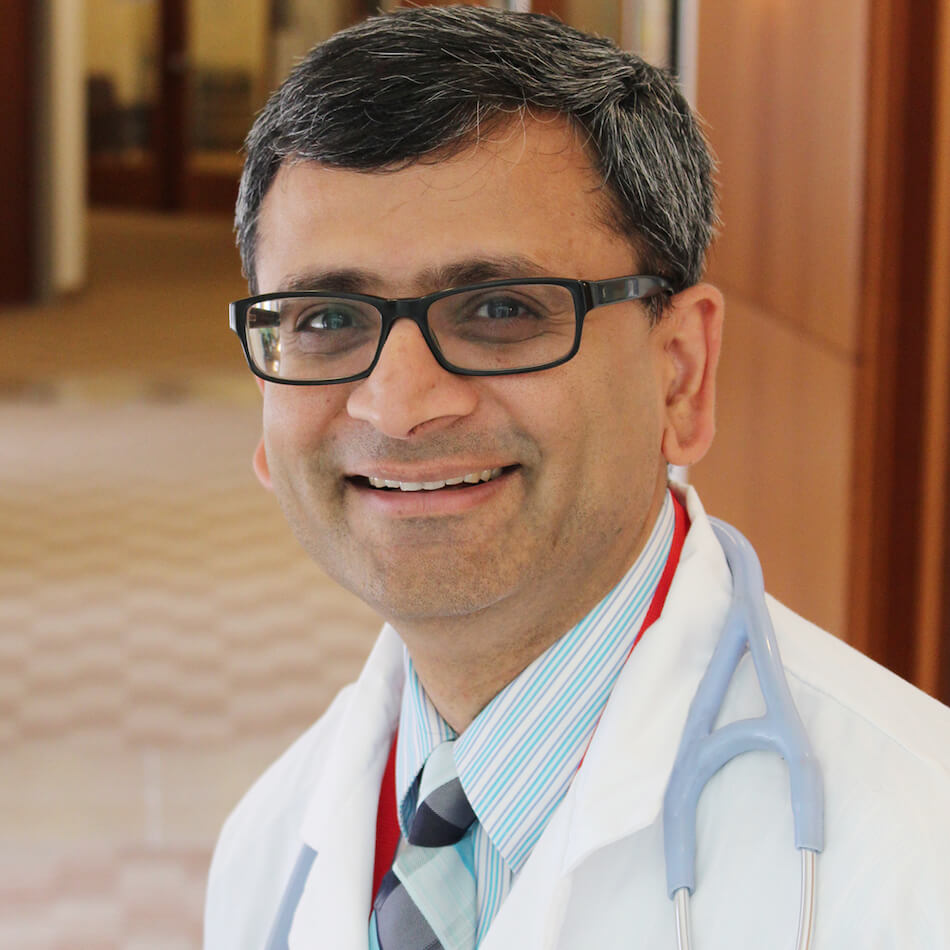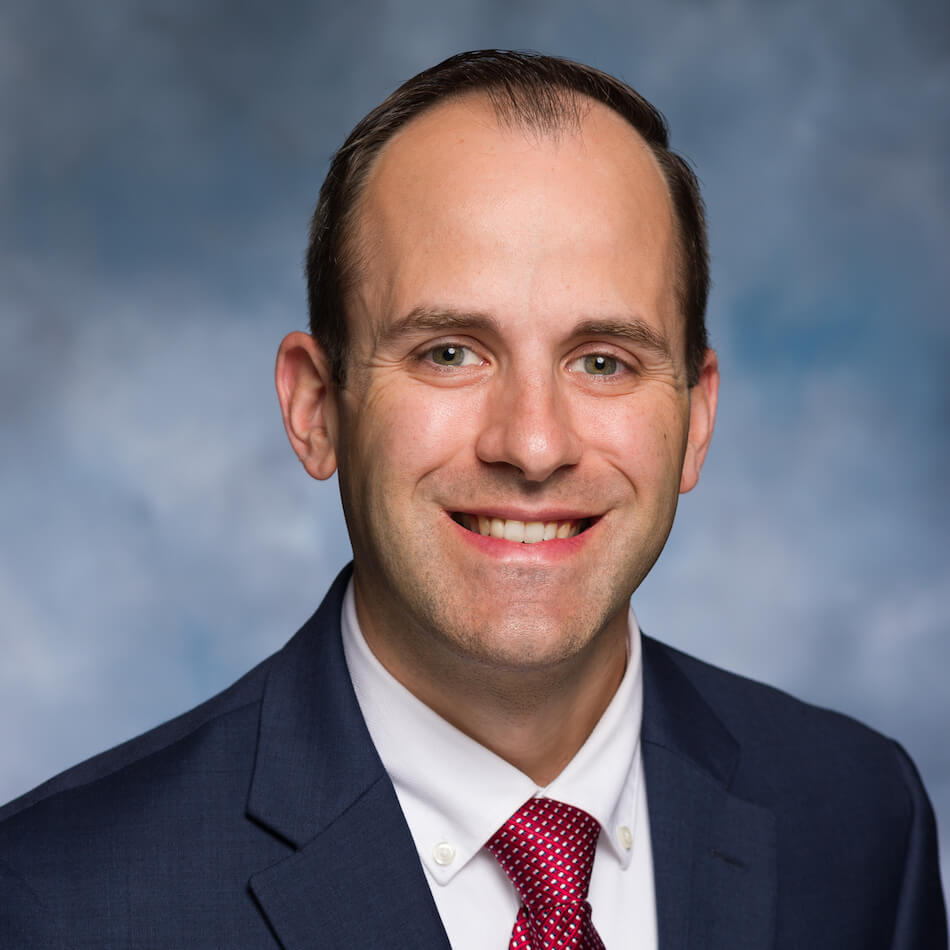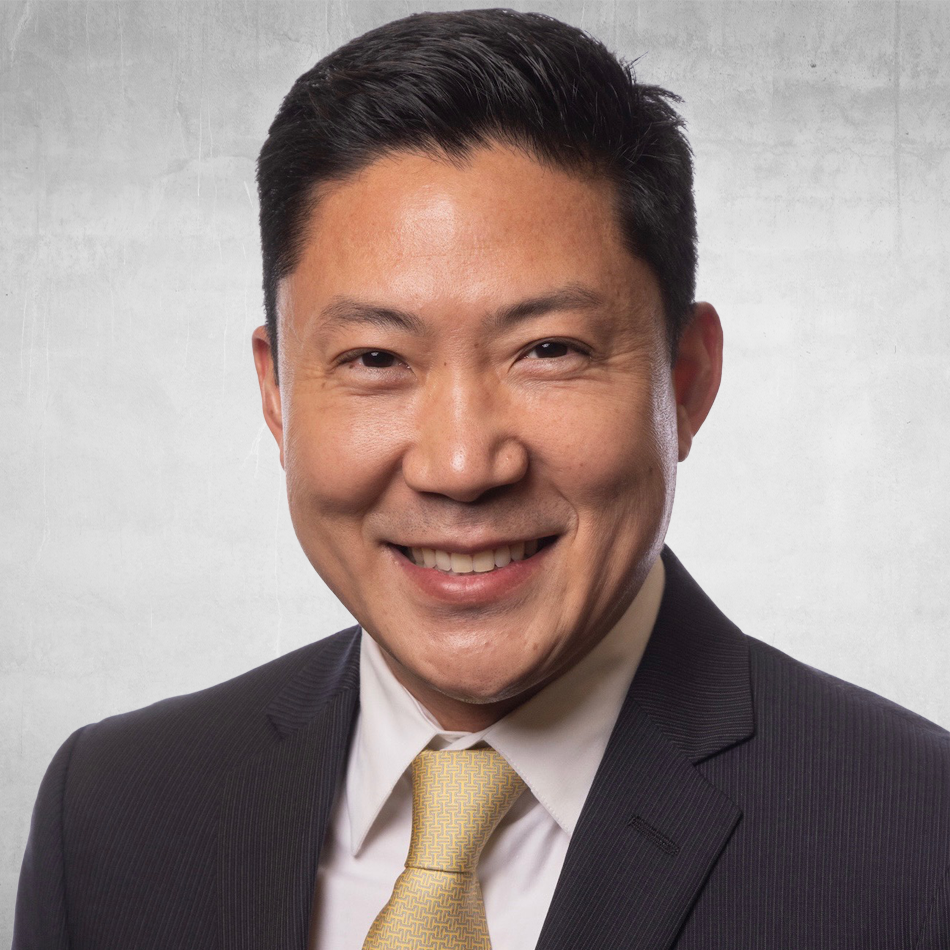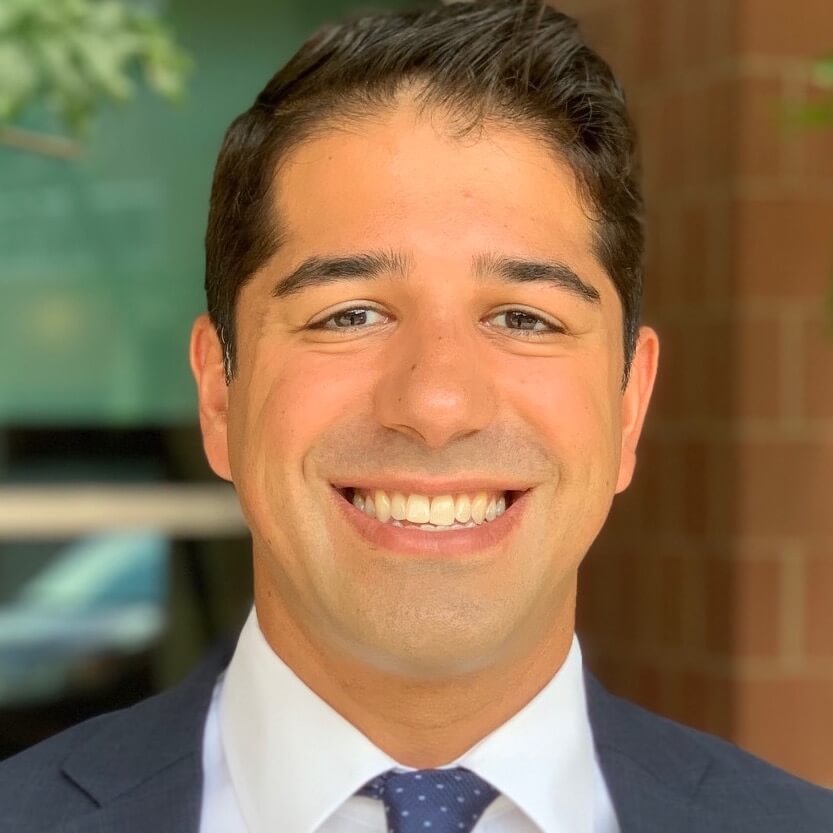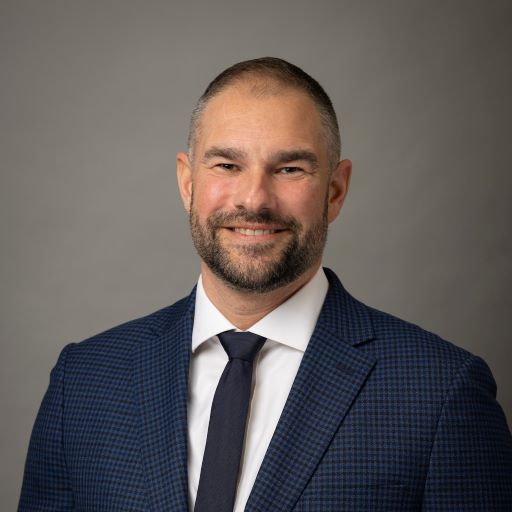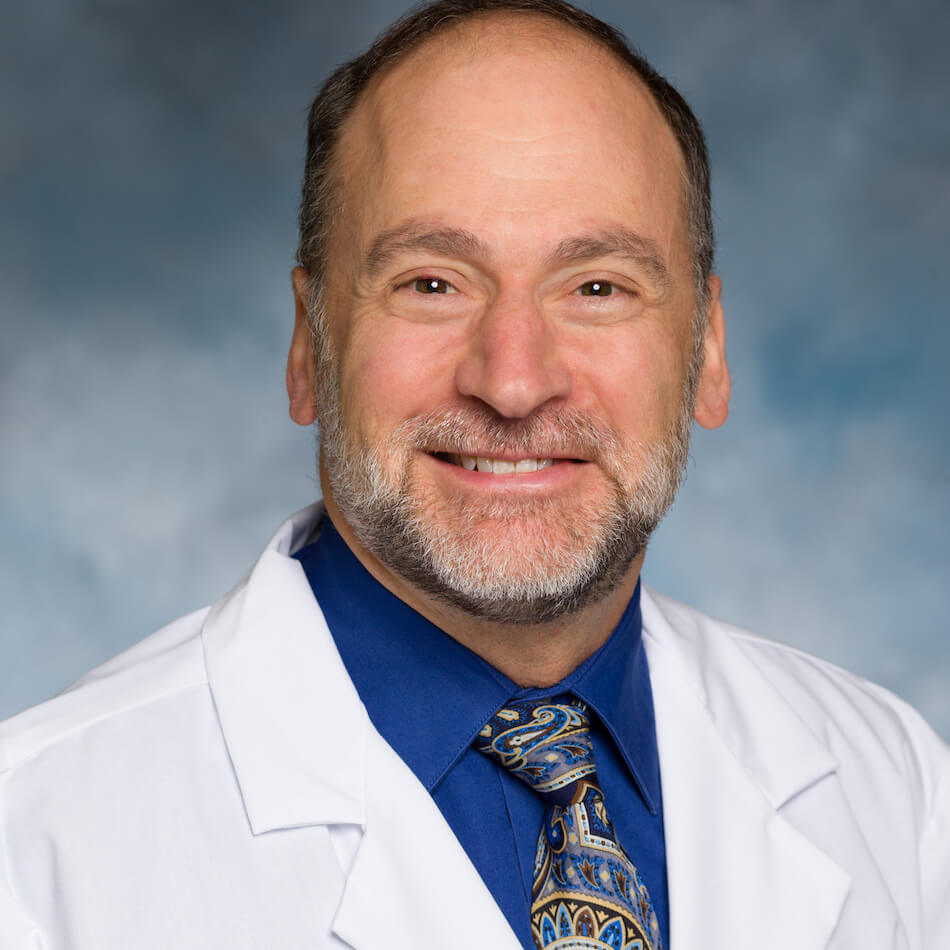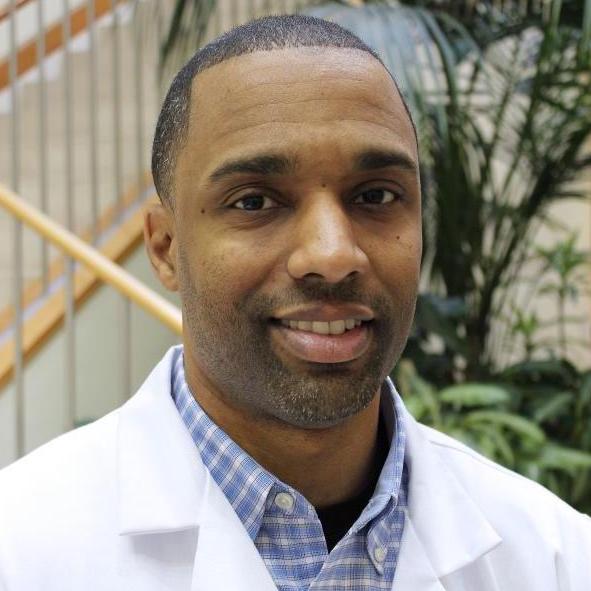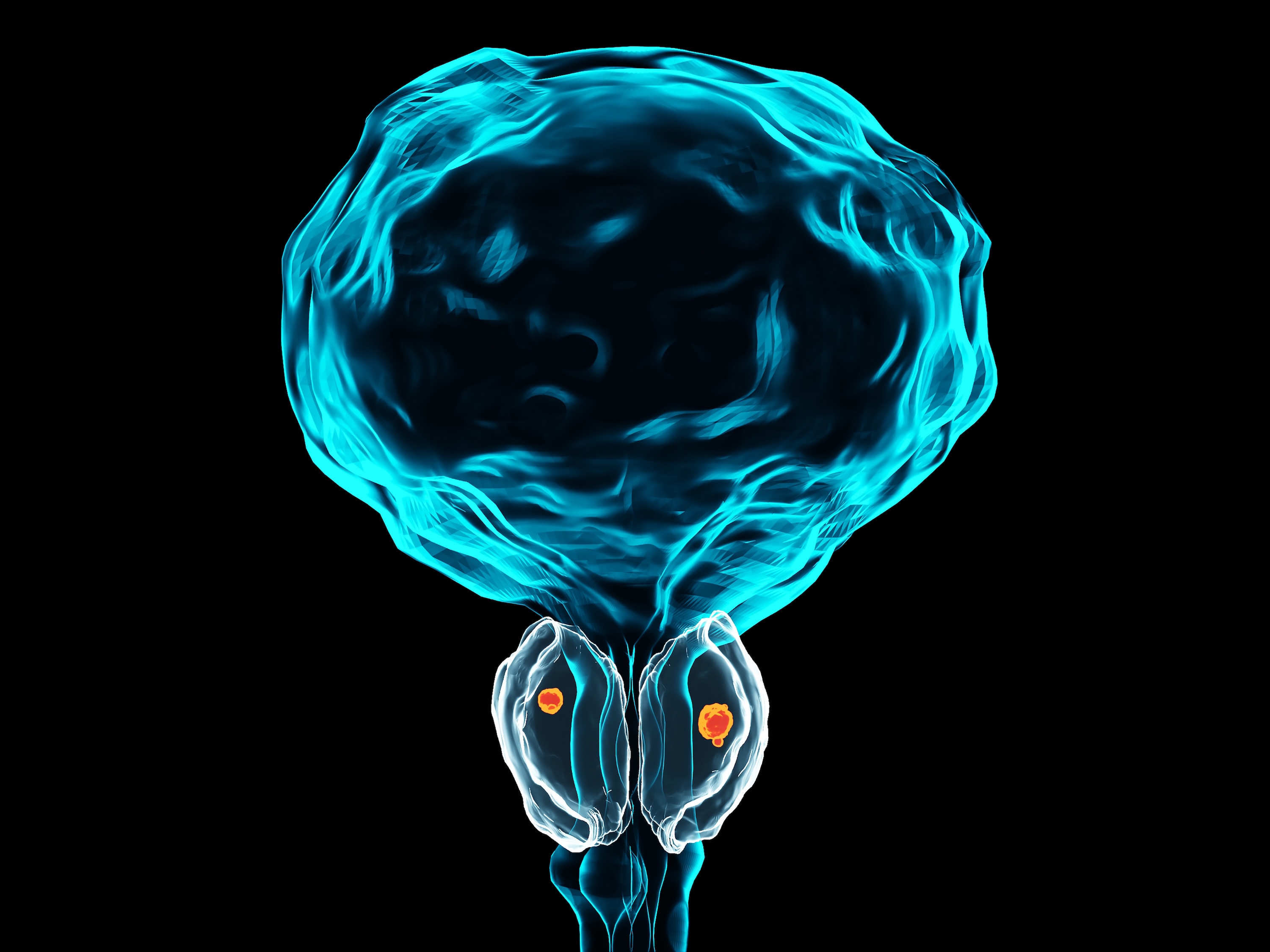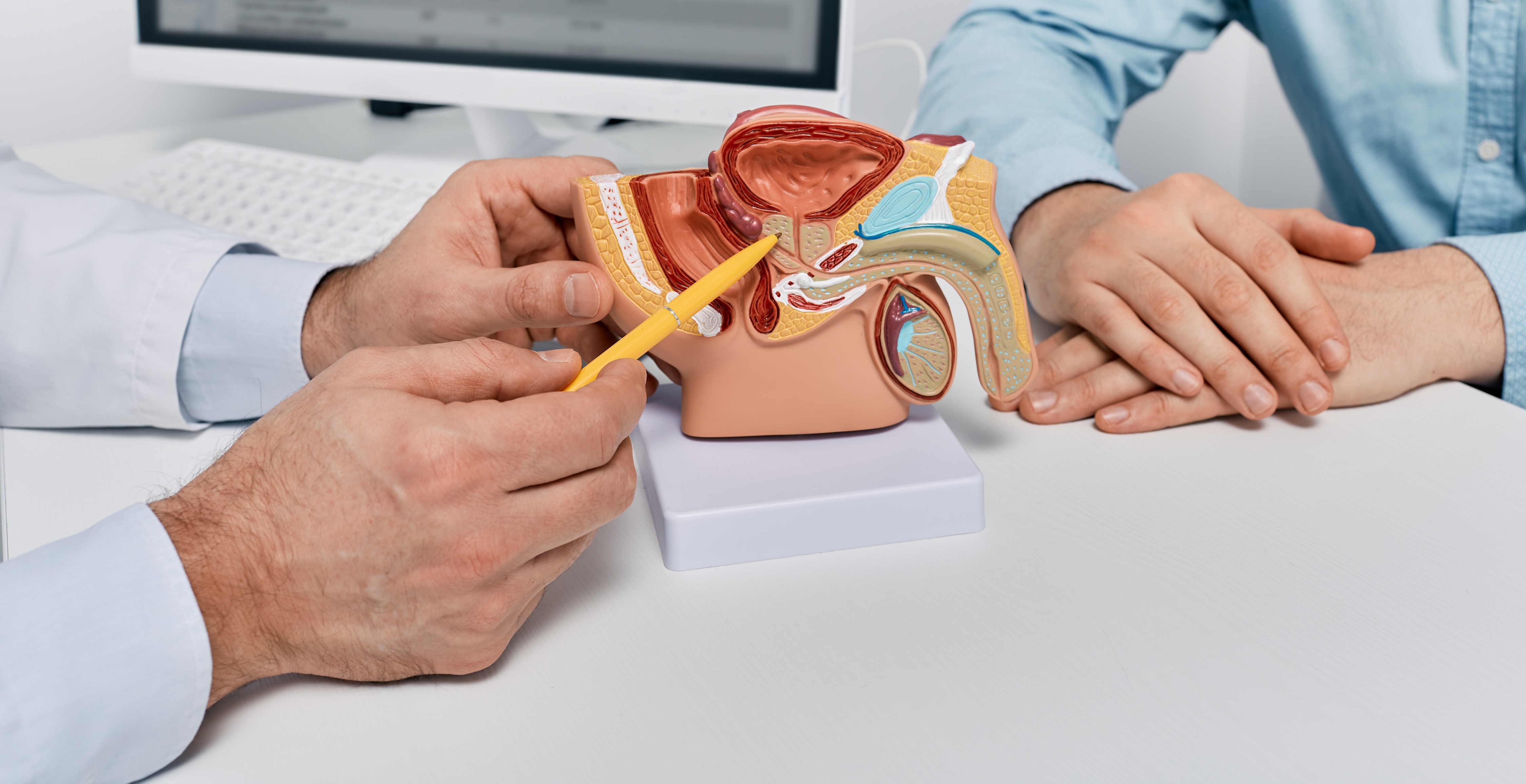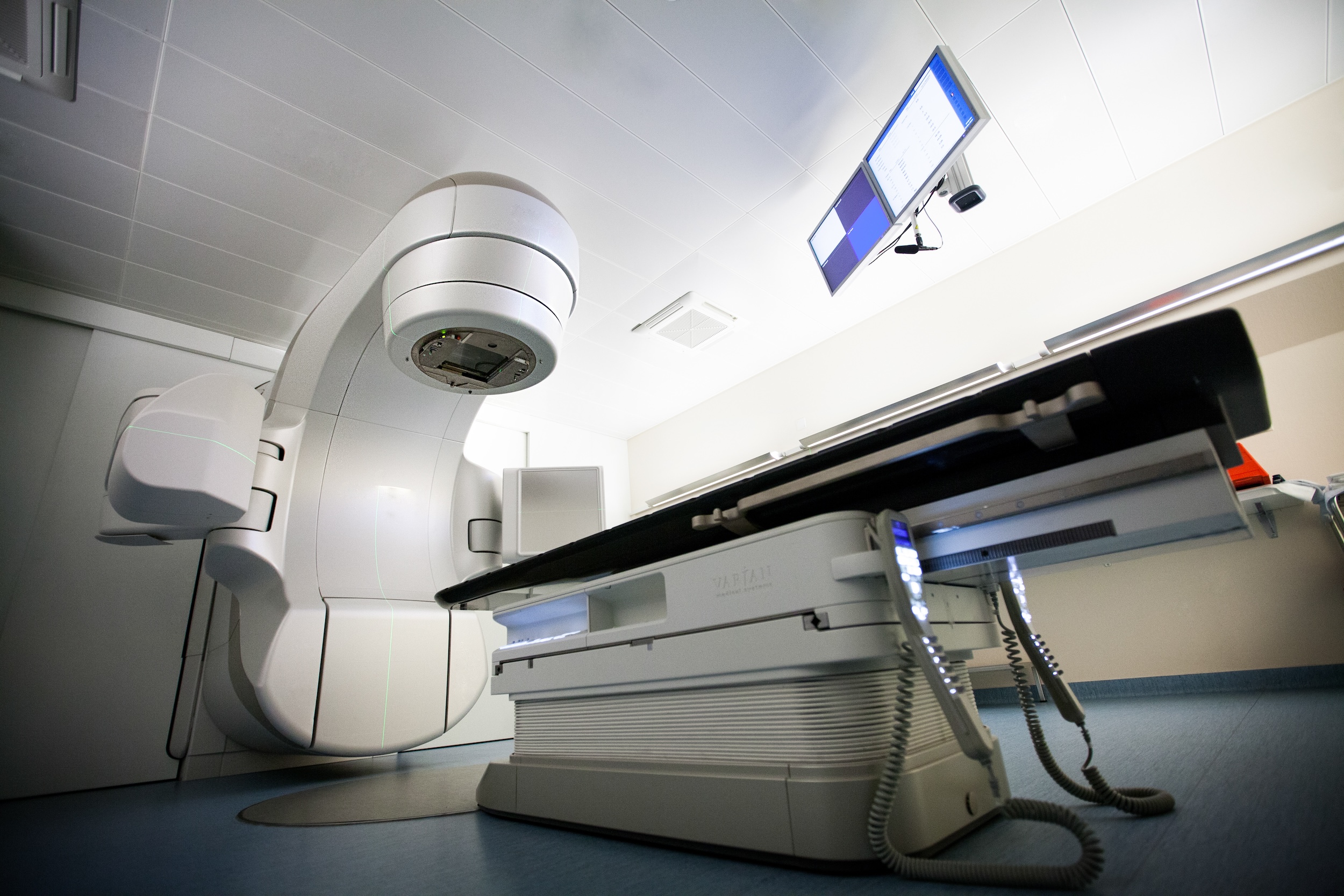
The Prostate Oncology Program at the Jack & Sheryl Morris Cancer Center is uniquely positioned to make historic advancements in the prevention, research and treatment of prostate cancer. Multidisciplinary providers from Rutgers Cancer Institute and RWJBarnabas Health are united in one goal - eradicating prostate cancer.
To reach that goal, we have created a prostate cancer research and treatment program of extraordinary quality, including cutting-edge clinical trials. It is a place where research discoveries are applied to prevention and treatment, and where compassionate care is given to patients, their families and friends.

Rutgers Cancer Institute and Robert Wood Johnson University Hospital, an RWJBarnabas Health facility, earned several High Performing ratings in the 2025-2026 U.S. News & World Report Best Hospitals survey, including for prostate cancer surgery. In fact, University Hospital was 1 of 4 New Jersey hospitals afforded this designation.
Rutgers Cancer Institute was also designated a Testicular Cancer Center of Excellence by the Testicular Cancer Awareness Foundation and the Testicular Cancer Resource Center, which are two leading testicular cancer organizations in the U.S.
What is Prostate Cancer?
Prostate cancer is a disease caused by an abnormal growth of cells within the prostate gland, a small organ located in the male reproductive system, beneath the bladder. This abnormal growth causes the formation of tumors, some of which grow slowly and stay confined to the gland, while others can grow rapidly and spread (or metastasize) to other parts of the body. Risk factors include age, as most cases are diagnosed in men over 50 years old, as well as lifestyle choices, diet and obesity, family history, and inherited genetic mutations such as BRCA1 and BRCA2. African American men are also more likely to develop prostate cancer and often face a higher risk of aggressive disease.
Symptoms of Prostate Cancer
Often, prostate cancer may cause few or no symptoms in its early stages, making screening and early detection key to identifying the disease and improving treatment outcomes. Prostate cancer symptoms depend on the stage and severity of disease. Some commonly experienced symptoms include:
- Difficulty urinating
- Frequent urinating
- Blood in your urine or semen
- Bone pain or back pain
- Erectile dysfunction
- Unexpected weight loss
- Fatigue
Comprehensive Treatment Options Available at the Jack & Sheryl Morris Cancer Center
Meet Our Team
Related Articles and Press
Prostate Cancer Awareness and Screening: Insights from RWJBarnabas Health and Rutgers Cancer Institute
Prostate cancer is the most common cancer (after skin cancer) and the second leading cause of cancer death among American men. Regular screenings play a crucial role in catching prostate cancer early, yet stigma and misconceptions often hold men back from seeking care. Dr. David M. Golombos shares more.
Prostate Health: Understanding the Risks, Symptoms, and the Power of Screening
As the most common cancer (after skin cancer) and the second leading cause of cancer death among American men, prostate cancer remains one of the most significant health concerns for men today. David M. Golombos, MD, shares what men need to know.
Answers from Experts: Exploring the Latest in Radiation Therapy for Prostate Cancer
Ronald D. Ennis, MD, Alison Grann, MD, and Malay S. Rao, MD, radiation oncologist at Cooperman Barnabas Medical Center, share what men should know about radiation therapy for prostate cancer.
Latest Advances in Prostate Cancer Diagnosis and Treatment on EBC Radio
Dr. Biren Saraiya discusses advances in prostate cancer with EBC Radio.
Health, Stigma and Disparities in Prostate Cancer
Dr. David M. Golombos provides an overview of prostate cancer, including stigmas, disparities and tips to maintain a healthy prostate. Watch here on YouTube.
Reducing Stigma in Prostate Health
Dr. David M. Golombos discusses the stigma and disparities that surround prostate cancer, and ways to overcome them. This includes using strength in numbers and developing an understanding of the modern-day management of prostate cancer. Watch here on YouTube.
Genetics and Prostate Cancer
Dr. David M. Golombos reviews the connection between genetics and prostate cancer, noting how your family health history can impact your prostate health. Watch on YouTube.
Maintaining Good Prostate Health
Dr. David M. Golombos provides tips for minimizing risk factors and maintaining a healthy prostate, including weight management, regular exercise, healthy eating, and regular screening. Watch on YouTube.
Non-Surgical Therapy for Urothelial Cancer
Dr. Saum Ghodoussipour introduced mitomycin gel and explains how it works as an effective therapy for urothelial cancer. Watch on YouTube.
Project HERO: Health Empowerment & Recovery Outcomes
The purpose of the research is to: determine whether usual care, or a body training program, or a body-mind training program may help improve health and well-being in 166 senior men with a diagnosis of cancer. Learn more.
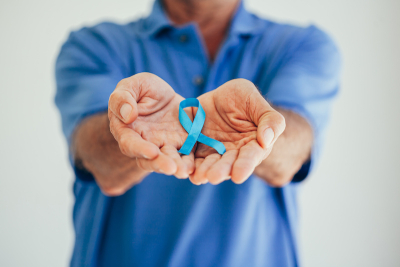
Do I Need a Prostate Exam?
Regular screenings are vital to ensuring prostate health, especially if you are experiencing symptoms or part of a high-risk group. Learn more.



